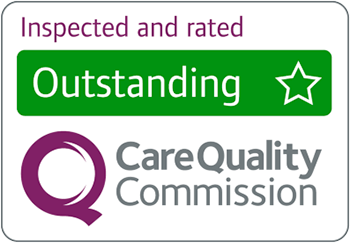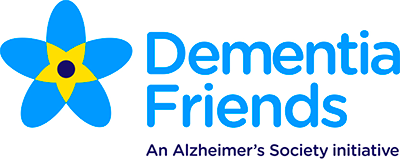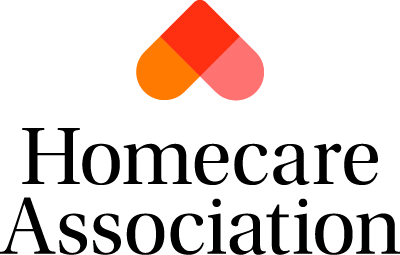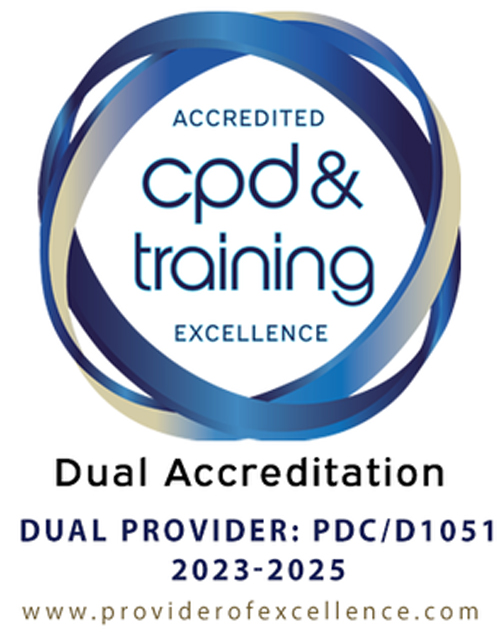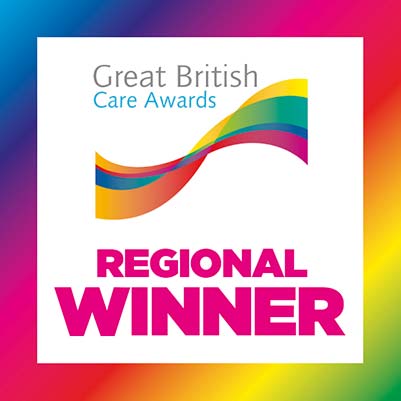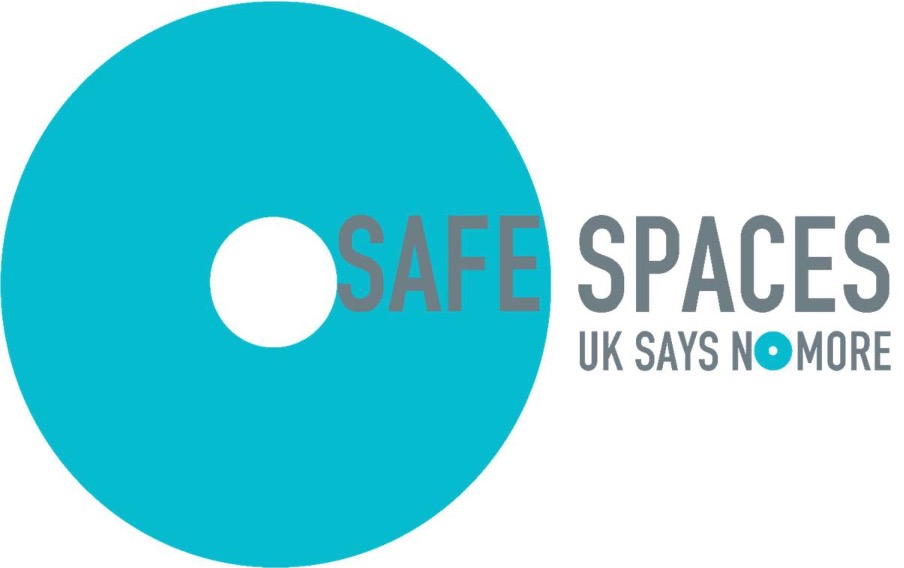Stroke Action Awareness – How to Spot the Early Signs of Stroke
- Carers available now
A stroke is a serious condition that can affect a person of any age, in which the blood supply to a part of the brain is cut off. The sooner a person receives medical treatment, the less damage is likely to happen, so it’s essential to be aware of the early signs and symptoms of a stroke.
This is the mission of Stroke Association’s Stroke Awareness Month. Every May, the UK charity aims to increase the awareness of stroke symptoms, prevention and treatment, as well as raising much-needed funds for medical research.
What are the early signs of stroke?
The FAST mnemonic is a useful way of spotting the early signs of stroke:
- Face: Can the person smile? Has one side of their face dropped?
- Arms: Do their arms seem to be weak or numb? Can they lift both arms and keep them there?
- Speech: Is their speech slurred? Do they seem to be finding it difficult to understand what you’re saying?
- Time: See any of these signs? It’s time to call 999 immediately.
The three symptoms above – face drooping, arm weakness and speech difficulty – are the most common early signs of a stroke, but there are also several others. If you notice any of the below, call 999 at once:
- Blurred vision
- Confusion or sudden memory loss
- A sudden, severe headache
- Dizziness
- Numbness in legs, hands or feet
- Difficulty finding words
How to prevent a stroke?
There are a few different risk factors for a stroke (for example, high blood pressure or high cholesterol). But part of Stroke Awareness Month is about recognising that there are many small steps you can take to reduce your risk, including:
Get moving
Find an exercise you enjoy. This doesn’t need to be a rigorous gym class, but try to be as active as your health allows. Gentle exercise taken as regularly as you can helps to reduce your chances of suffering a stroke. Whether it’s a run or a swim (if you’re able), or even a regular walk around the house or the garden, keeping active will help your fitness and mobility levels.
Get help to stop smoking and reduce alcohol intake
Stopping smoking hugely benefits your overall health as well as reducing your risk of stroke. Your GP will be happy to discuss your options with you.
Similarly, try to reduce your alcohol intake to no more than 14 units per week.
Transform your diet
Eating healthily is one of the best ways to reduce your risk of stroke. Test out some new nutritious recipes, consider your snacking habits and swap unhealthy treats for other tasty options such as fruit and nuts.
Home care services provide essential after-stroke care
Suffering a stroke can be upsetting and distressing for the whole family, and the after-effects are long lasting and can vary in severity. If you or a loved one has recently suffered a stroke, our carers provide dedicated care and assurance to help support stroke rehabilitation including speech and mobility.
At Christies Care, we specialise in expert after-stroke support for people of all ages, helping them to regain confidence, rehabilitate at home and recover.
Patients are most at risk of suffering another attack in the thirty days after the initial stroke – so it’s crucial to monitor symptoms early. Our expert carers are highly trained in spotting the early signs of stroke, providing specialist care in the comfort of your loved one’s home.
Discover more about our after-stroke care services to learn how we can offer CQC ‘Outstanding’ flexible care and the practical and emotional support necessary to help recover from a stroke.
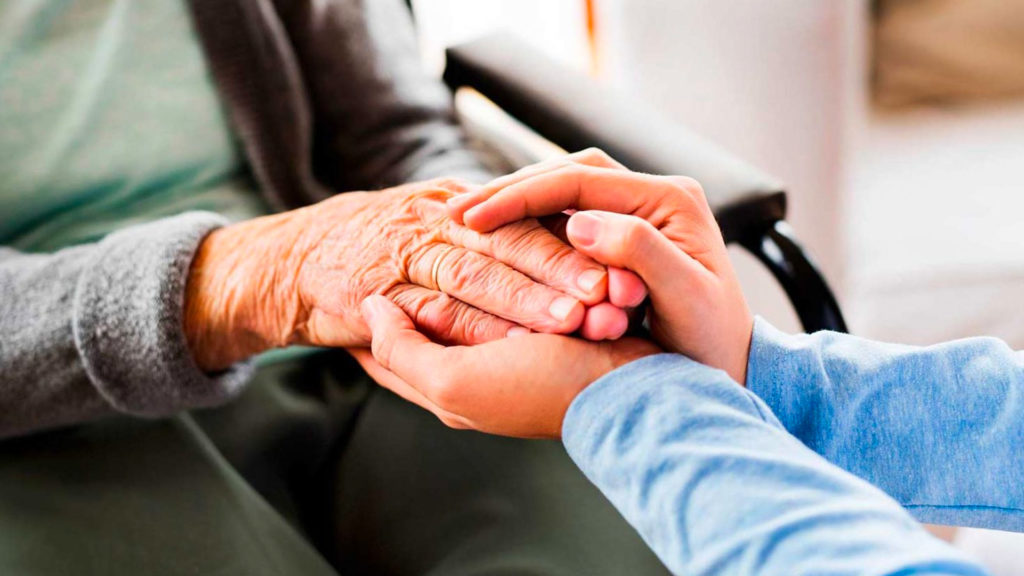
Dying Matters Awareness Week 2022
Palliative care at home, can be a difficult conversation to broach with a loved one. And that’s why this month…
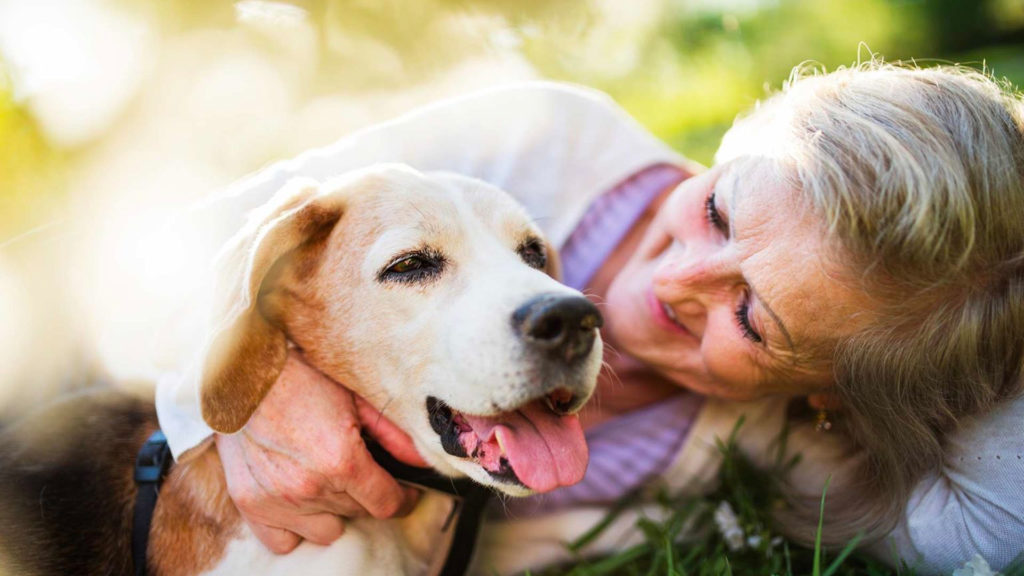
Care at home means pets are welcome
Having care at home allows people to keep their much-loved pets by their side when they need them most…
